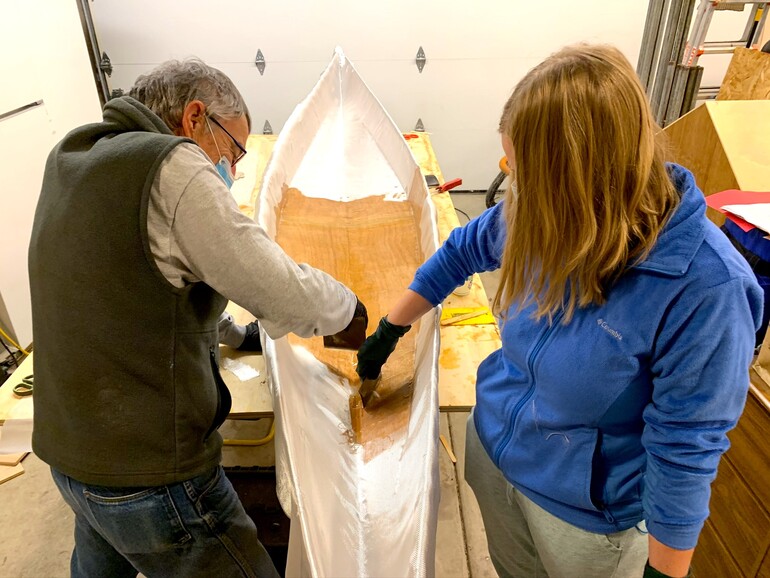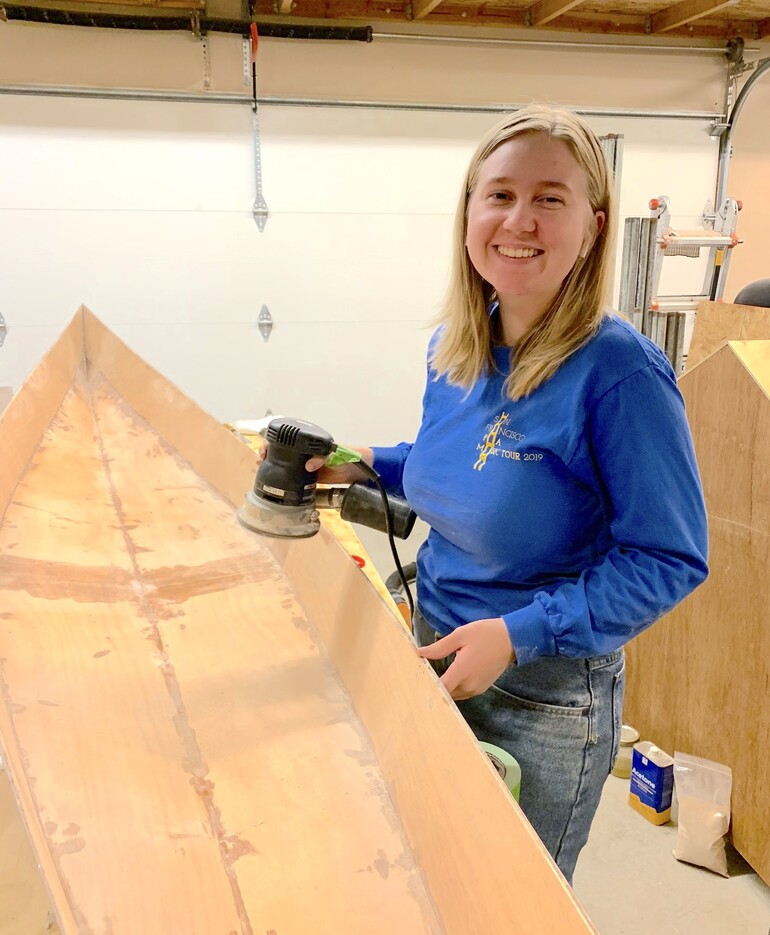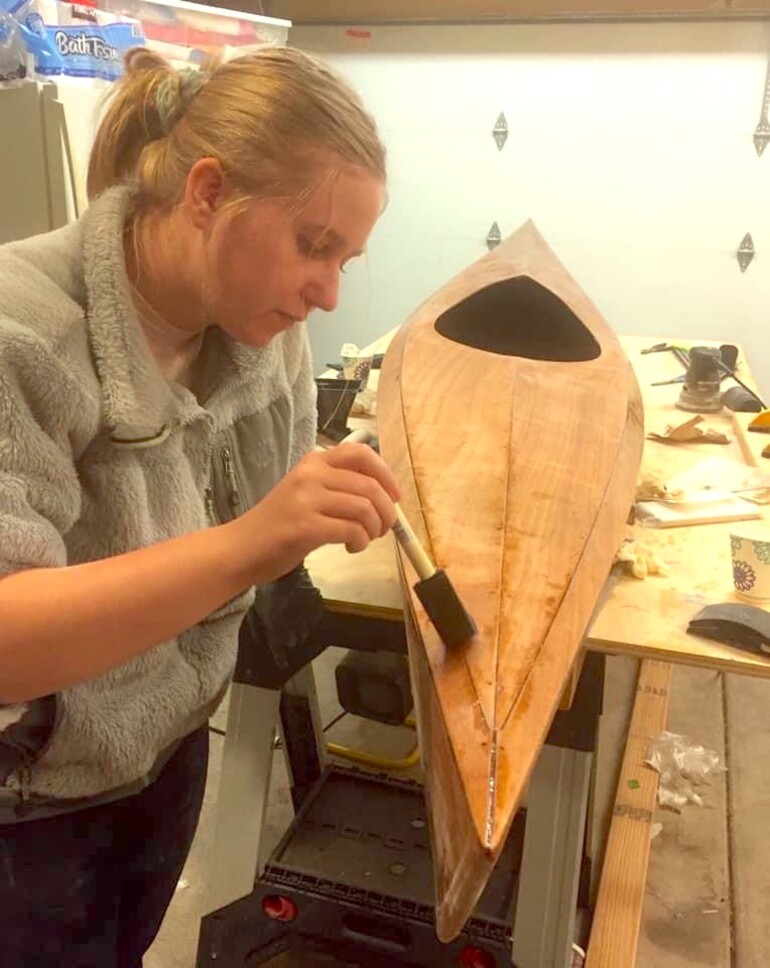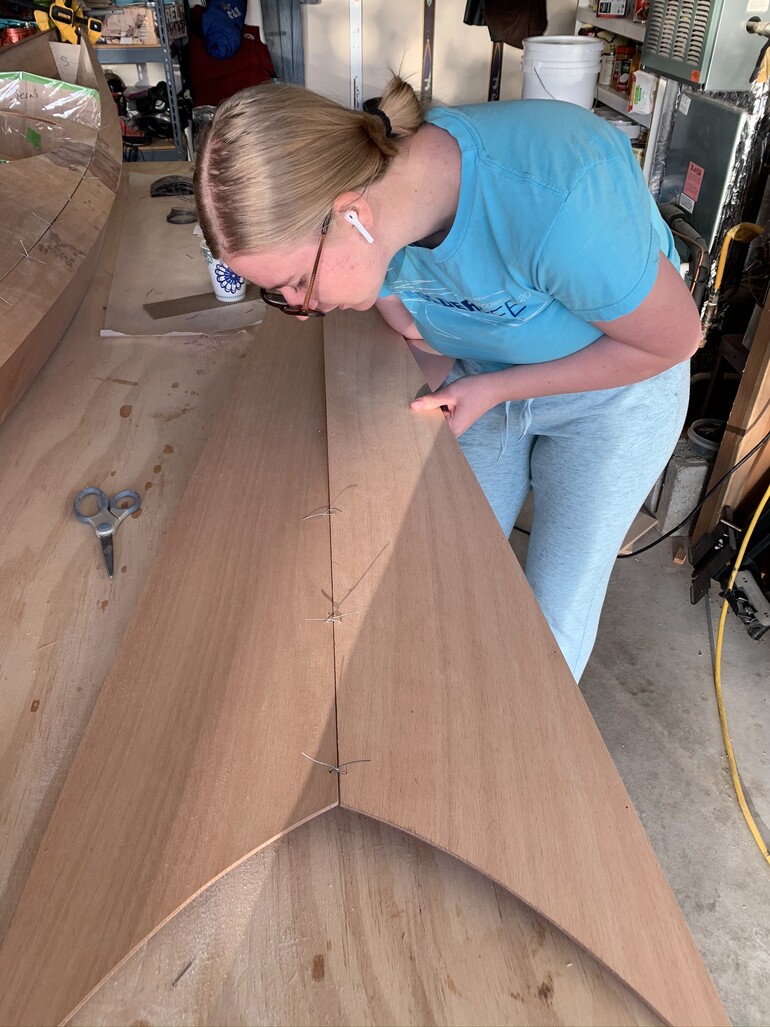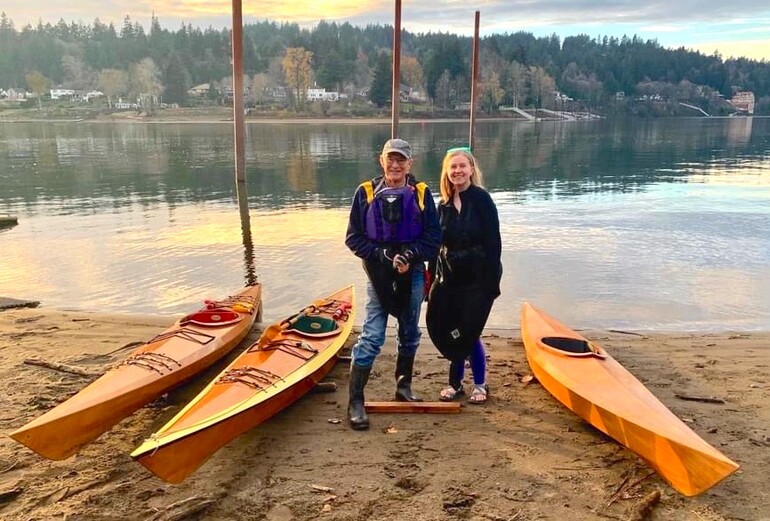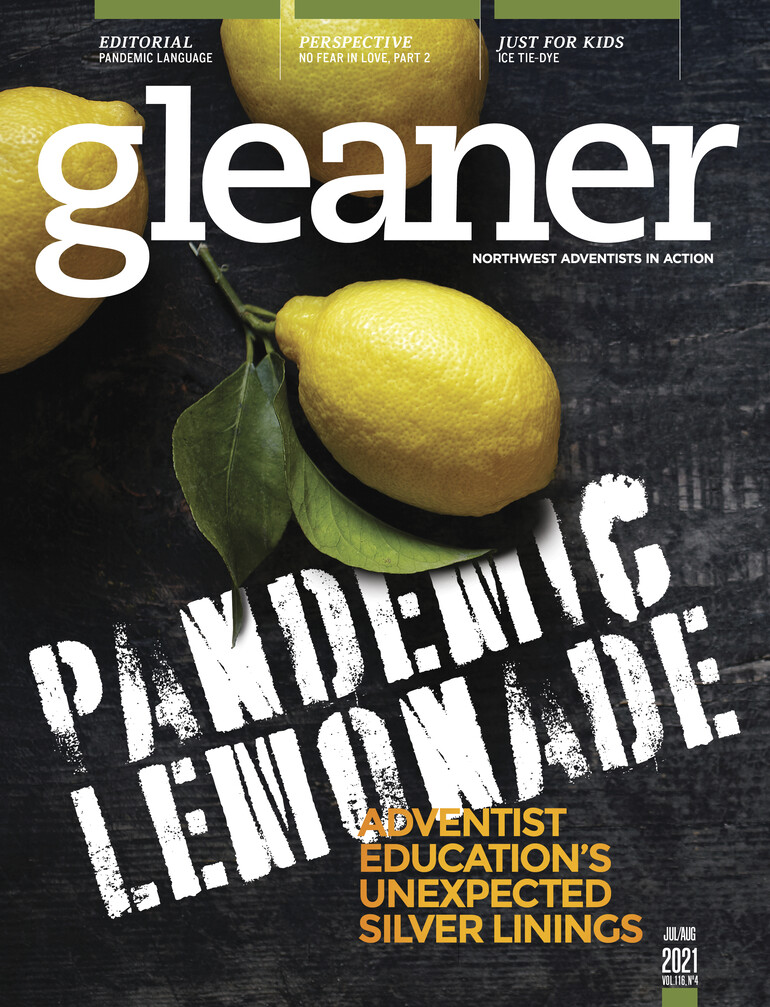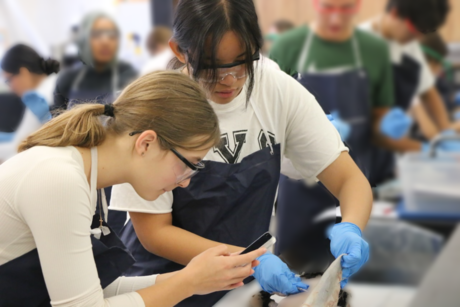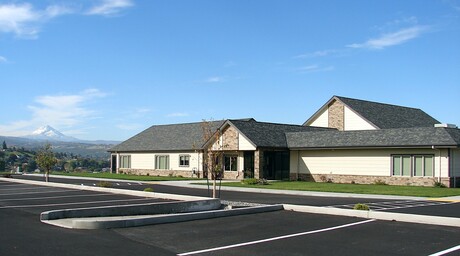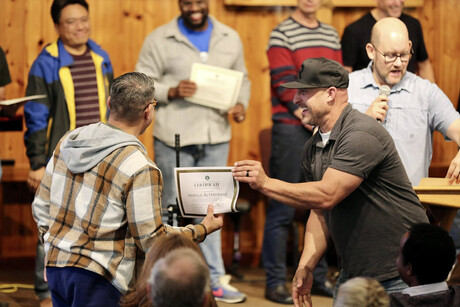Portland Adventist Academy senior Keeley Phillips hopes to do a lot of kayaking this summer. Her's is no ordinary wish: The kayak she’ll use was built by her own hands for her senior project.
The senior project is no simple task. Students are required to extensively research a subject, write a report and lay out detailed plans to complete a project. Then they must demonstrate their learning through a presentation to a panel of teachers.
The PAA senior project has been a graduation requirement for nearly two decades. Hundreds of PAA alumni can attest to the value the senior project still holds in their lives. “Many jobs that students will hold in the future require the management of large complex projects — projects that require planning, organizing, implementing, and constantly assessing to ensure goals and deadlines are met," explains Brian Gang, PAA teacher. "Our senior project gives students the opportunity to develop these skills while still in high school providing them valuable confidence as they move on to college.”
From service-inspired projects like making blankets for foster kids to more personal exploration of mental health or racism, each project reflects a student’s personal values. By restoring antique cars, renovating a kitchen or building kayaks, senior projects build practical skills that can fulfill long-held dreams.
“I was about 9 when my family and I went on a seven-day kayaking trip in Canada,” recalls Keeley Phillips. “It was my first time, and I was hooked.”
“Keeley’s senior project gave her the opportunity to put her passions to work,” said Gang, who was on Phillips’ panel. “When students are passionate about a project, you can see how the quality always follows. Keeley took on the project knowing she would likely be using the kayak for many years to come, and it shows in the quality of her work.”
The 129 hours of work to build the kayak was more than double what was required. But that time was vital. Phillips learned to use a bandsaw, an orbital sander and other power tools that require hours of experience to grow skills. Methodical learning develops character traits like perseverance and patience. “Laying the fiberglass was so stressful,” she recalls. “You can ruin the boat if you mess up. I learned to take my time and be very careful.”
Fortunately, Phillips benefited from the mentorship of a family friend, fellow kayak enthusiast and experienced kayak builder Jim Robertson. As a 32-year former PAA teacher, Robertson was a perfect coach.
"It was a good feeling, after 11 years away from the classroom, to hang out with a teenager again," said Robertson. "We became good friends during the whole Covid time having to wear masks as we worked in the garage."
"He was the perfect mentor because he's built so many kayaks," said Phillips.
Robertson adds, “It was satisfying to see her gain confidence in her abilities and to reassure her that, yes, it was going to be a very good boat to paddle.”
On a cold December day, Phillips met Robertson at the Willamette River for a first paddle in her new kayak. It was a magical experience.
Pride, relief and joy fill a student’s heart in celebratory moments like this.
A student's senior project is a lasting memento of their PAA experience and a record of their maturation. It is the culmination of academic, spiritual and emotional growth — a lasting symbol of the many character-driven values they gained because of a Christ-centered education.
PAA’s motto, “Christ-centered and character-driven,” is not a meaningless collection of words. Through this lens, teachers work to instill values that will sustain a student through life. Character traits like curiosity, leadership, integrity, compassion and courage can be applied to big challenges, like the senior project, or deeply personal events, such as a major illness, a broken relationship or a devastating loss. Values centered on Jesus remind students Jesus adores them, longs for them and will be by their side throughout their lives — yes, even in a kayak.





